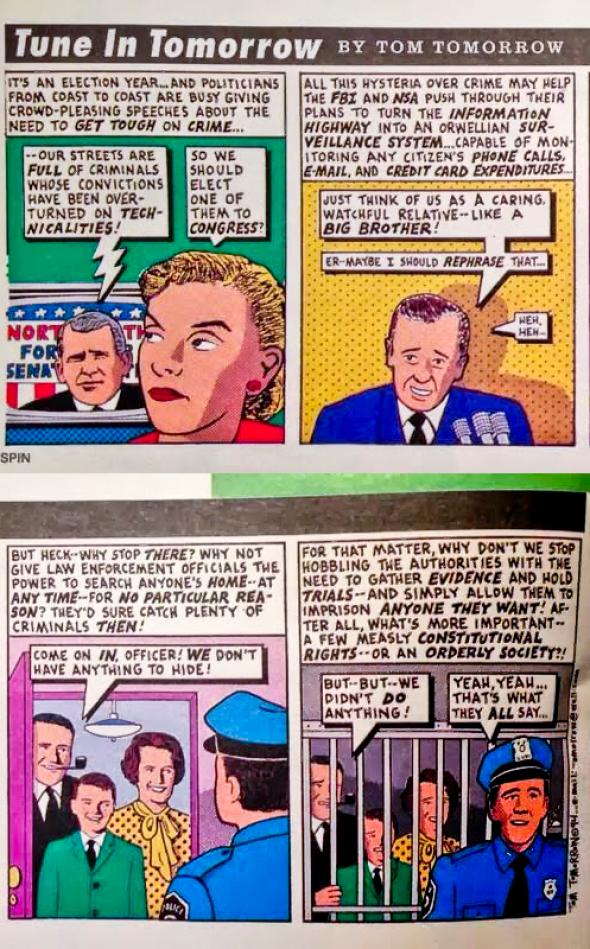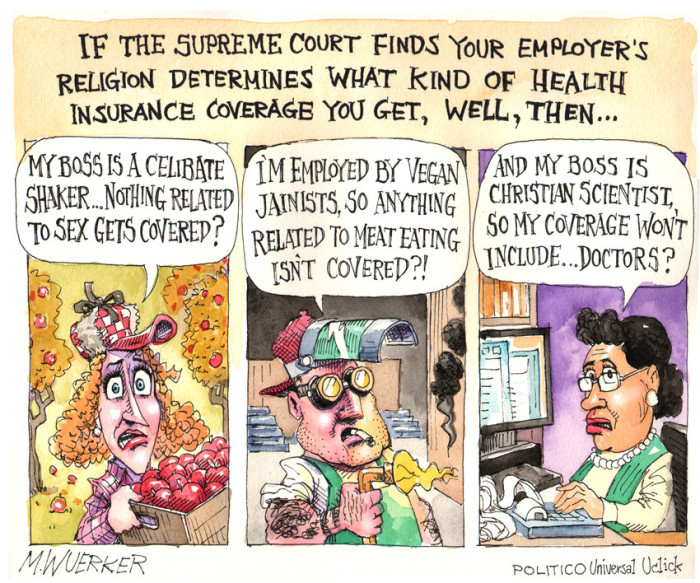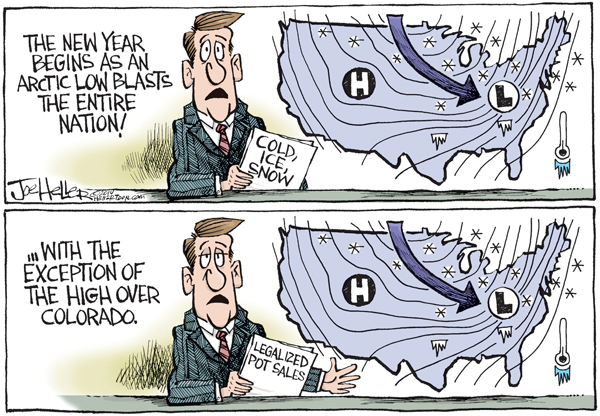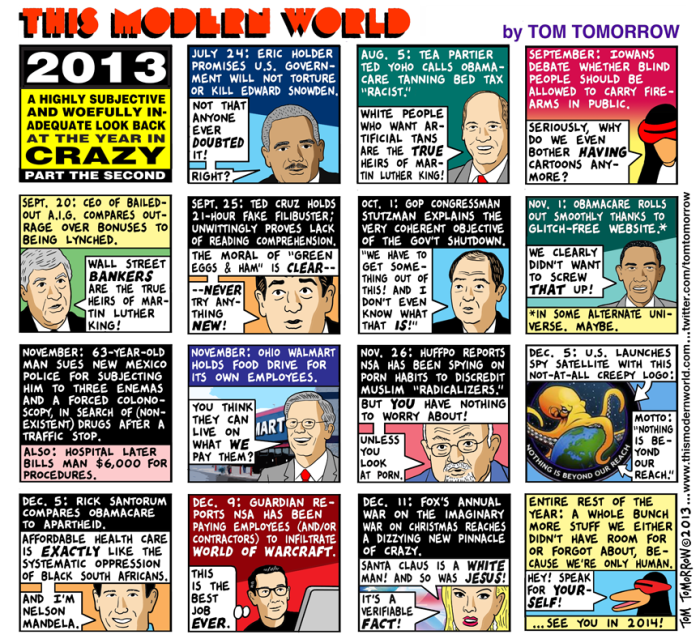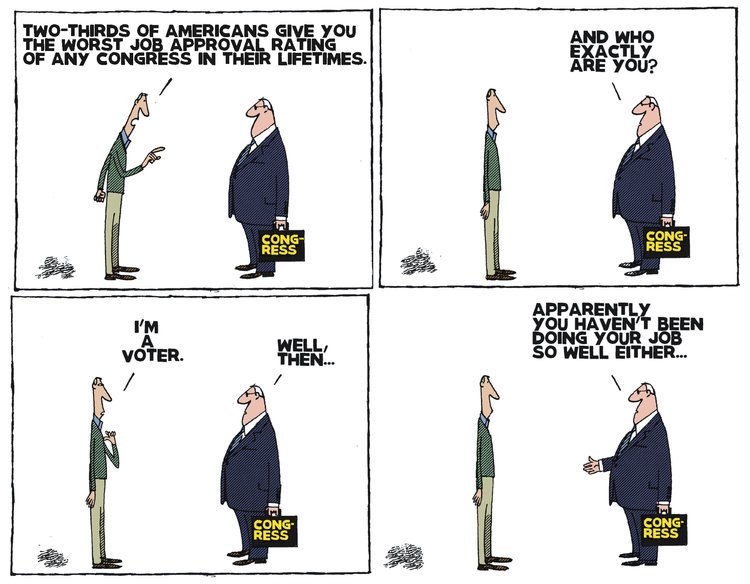OMG! Six Million People who previously had insurance losing their health care coverage in a single day! Reports of massive screwups in the launch! Rates skyrocketing! Computer glitches! Overloaded telephone lines! Confusion! Government working around the clock to clean up the mess!
You would be excused if you thought those are today’s headlines about Obamacare, but they aren’t. They are from almost exactly eight years ago, when the Republicans rolled out Medicare Part D.
How bad was it? Here’s a newspaper account from back then:
Two weeks into the new Medicare prescription drug program, many of the nation’s sickest and poorest elderly and disabled people are being turned away or overcharged at pharmacies, prompting more than a dozen states to declare health emergencies and pay for their life-saving medicines.
Computer glitches, overloaded telephone lines and poorly trained pharmacists are being blamed for mix-ups that have resulted in the worst of unintended consequences: As many as 6.4 million low-income seniors, who until Dec. 31 received their medications free, suddenly find themselves navigating an insurance maze of large deductibles, co-payments and outright denial of coverage.
But here’s the big difference. Even though Democrats had opposed Medicare Part D because they claimed it was a giant giveaway to the drug companies, and was unfunded so it would run up the deficit, they worked with the Republicans to fix the problems. As then-Senator Hillary Clinton put it:
I voted against it, but once it passed I certainly determined that I would try to do everything I could to make sure that New Yorkers understood it, could access it, and make the best of it.
The ranking Democrat on the Senate Select Committee on Aging asked his colleagues “to put aside any partisan thoughts to work together to get this program running.”
During its rollout, Medicare Part D was even more unpopular than Obamacare is during its launch.
To try to fix the problems president Bush ordered insurers to “aid the ailing Medicare drug plan” by providing emergency prescription coverage, even though he had no Congressional authorization to do so. But when Obama made changes to Obamacare to allow people to keep their old plans, he was threatened with lawsuits by eleven state Attorney Generals (need I say it, all Republicans), insisting that he get Congressional approval.
What makes this even more ironic is that Obama was making those changes to solve a problem that hardly existed. Republicans were claiming that millions of people were losing their insurance coverage. But in the end, that “millions” ended up being around 10,000 people.
In fact, 4.8 million people were left without insurance coverage, not because of Obamacare, but because 25 GOP controlled states have refused to expand Medicaid (even though it is almost completely paid for by the federal government).
Pure Partisan Politics. The Republicans will do anything to oppose Obama, even if it costs an estimated 27,000 lives. Pitiful.

